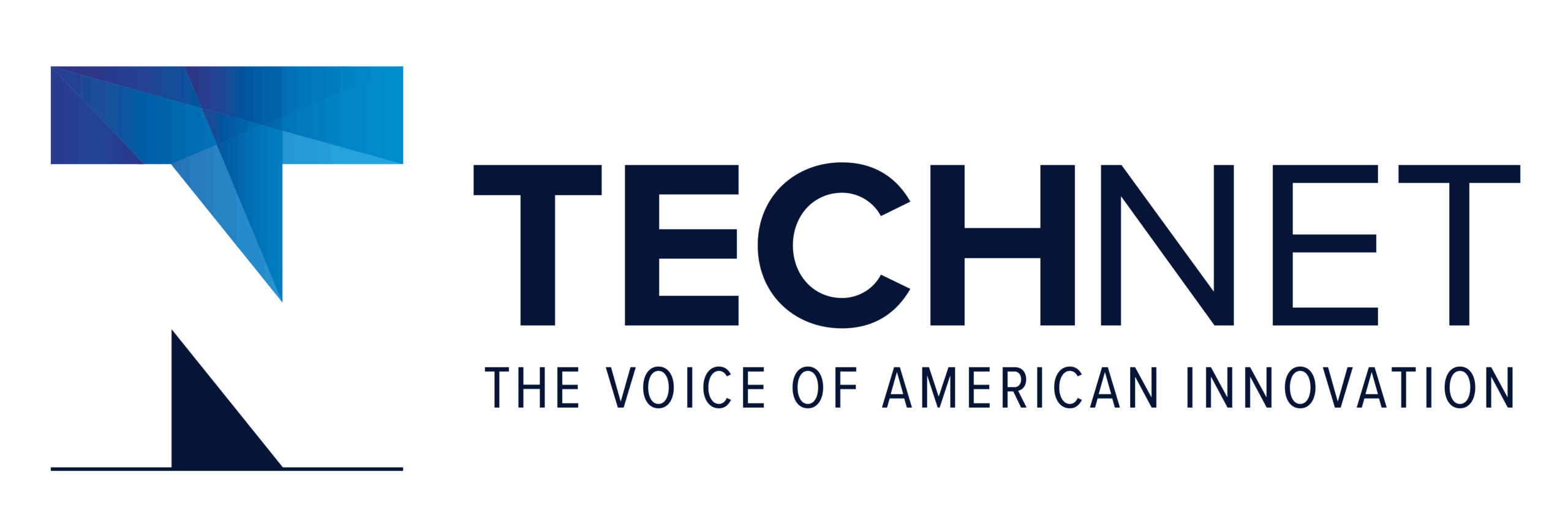Technology is improving transportation across the nation. From autonomous vehicles and drone delivery to smart connectivity and accessible services, the future of mobility is safer, smarter, and more sustainable. Learn how tech is transforming transportation in this week’s Tech at Work.
How Tech is Transforming Transportation
Amazon announced the rollout of 100,000 electric delivery vans by 2030 through its Rivian partnership, reducing emissions and supporting sustainable logistics in thousands of cities across the U.S.
Apple introduced new personalized route predictions and “Visited Places” tracking. The new enhancements help users navigate their preferred routes and keep track of places they’ve previously visited. Apple also introduced real-time flight updates and a secure Digital ID for safer, more convenient travel.
Aurora shared its CEO’s experience riding in the company’s first fully driverless commercial truck, marking a milestone in autonomous freight as the Aurora Driver completed a commercial route between Dallas and Houston without a human behind the wheel.
Garmin created SmartCharts, the first dynamic, data-driven aviation charting solution designed to simplify terminal procedures and enhance pilot situational awareness — setting a new industry standard for intuitive, tailored flight data.
Google expanded Maps with new AI-powered tools to help travelers across Europe choose more sustainable transport options, including detailed bike routes, fuel-saving drives, and emission zone alerts.
Lyft is advocating for smart, unified regulation of autonomous vehicles, drawing on its rideshare and micromobility experience to help shape federal policy and build public trust in the future of driverless transportation.
Nuro unveiled its next-generation self-driving sensor architecture —engineered for safer, scalable deployment across a wide range of autonomous vehicle platforms.
Tesla delivered its first vehicle entirely autonomously — the car driving itself from Gigafactory Texas to its new owner 30 minutes away.
Torc joined the Stanford Center for AI Safety to sponsor, collaborate on, and coauthor state-of-the-art research to ensure the safety of AI in autonomous trucking.
Verizon developed a connected vehicle platform that allows real-time data sharing between cars, pedestrians, and infrastructure to improve road safety and traffic flow.
Waymo and Toyota announced a preliminary partnership to explore developing a next-generation autonomous vehicle platform and potentially integrate Waymo’s self-driving technology into future Toyota consumer vehicles.
Wing partnered with Walmart to launch the world’s largest drone delivery expansion, bringing ultrafast aerial deliveries from 100 additional Supercenters to major U.S. cities and millions of households by next year.
Zoox opened the first-ever serial production facility for purpose-built robotaxis in the U.S, enabling large-scale deployment of autonomous vehicles and expanding ride-hailing access.
New in Tech
Ride Easy: A Simpler Way for Older Adults to Get Around
This month, Uber launched senior accounts featuring larger text, fewer buttons, saved destinations, flexible payment options, and live-trip tracking to make its app more accessible for older adults across the U.S. Family organizers can now book rides for elders and monitor them in real time. By 2030, nearly one in six people worldwide will be aged 60 or older, and as that number grows, Uber is helping provide simple, reliable ways to stay mobile and connected.
Before You Start the Weekend
On the first episode of the OpenAI Podcast, CEO Sam Altman joins host Andrew Mayne to explore the future of AI. Discover how OpenAI is shaping what’s next, one conversation at a time.



